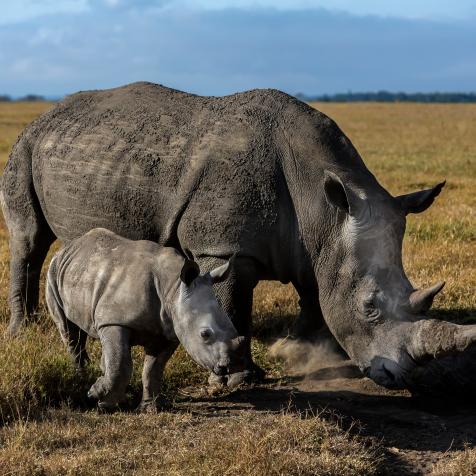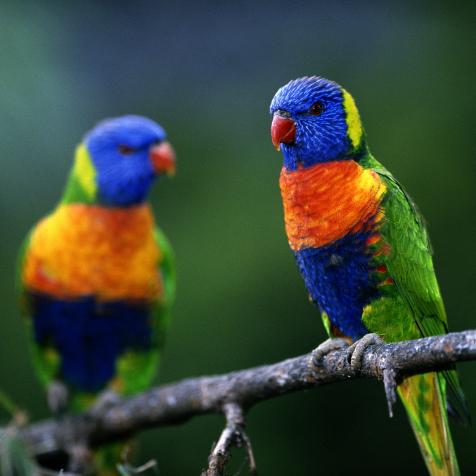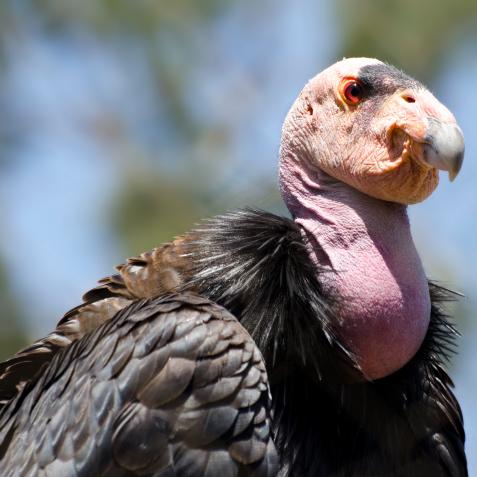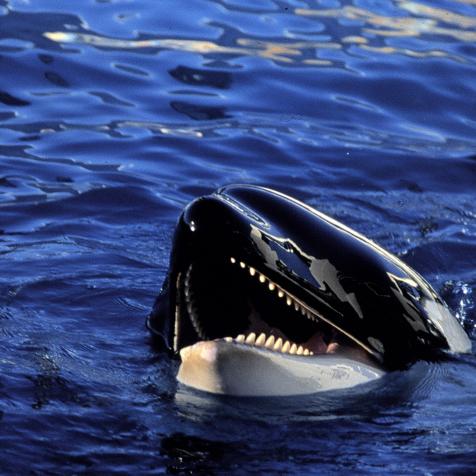
Torleif Svensson
Bee Swarm Kills 63 Endangered Penguins
A colony of penguins near Cape Town, South Africa, was found dead after being attacked by a swarm of bees.
63 penguins were found dead in a national park in Simon’s Town, South Africa.
African penguins, which are found along the coast and islands of South Africa, are an endangered species, according to the International Union for Conservation of Nature (IUCN)’s red list. The species is already experiencing rapid population declines due to commercial fishing and climate change, putting them at increasing risk of extinction.
The protected birds were taken for post-mortems where scientists discovered multiple bee stings around the penguins’ eyes.
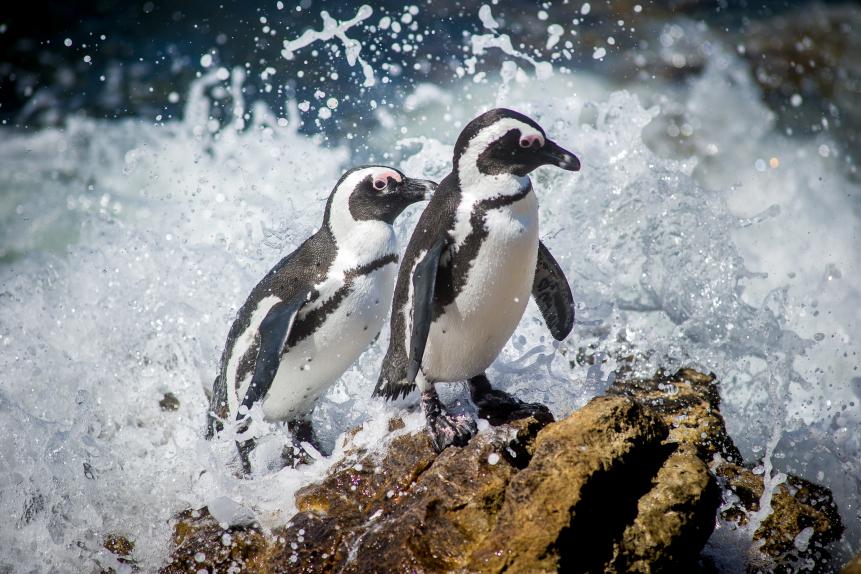
Edwin Remsberg
African penguin populations have gone down by 90% since the beginning of the 20th century.
"This is a very rare occurrence. We do not expect it to happen often, it's a fluke," David Roberts, a clinical veterinarian for the Southern African Foundation for the Conservation of Coastal Birds, said.
There were no physical injuries found externally on any of the penguins. Park officials ordered a toxicology report, and the penguins are being tested for potential diseases to rule out other causes.
Multiple dead bees were also found at the scene of this unusual event.
“The penguins … must not die just like that as they are already in danger of extinction. They are a protected species,” said Roberts.









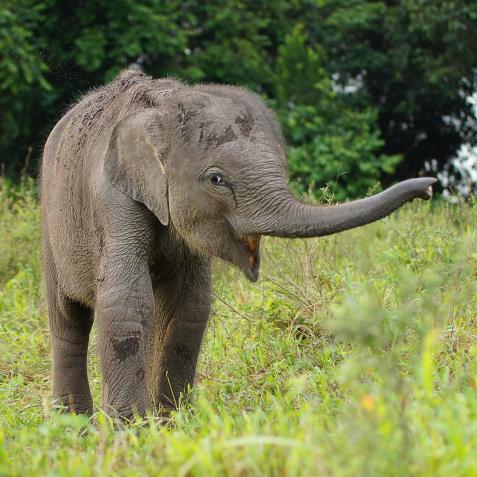
.jpg.rend.hgtvcom.476.476.suffix/1633031314945.jpeg)
